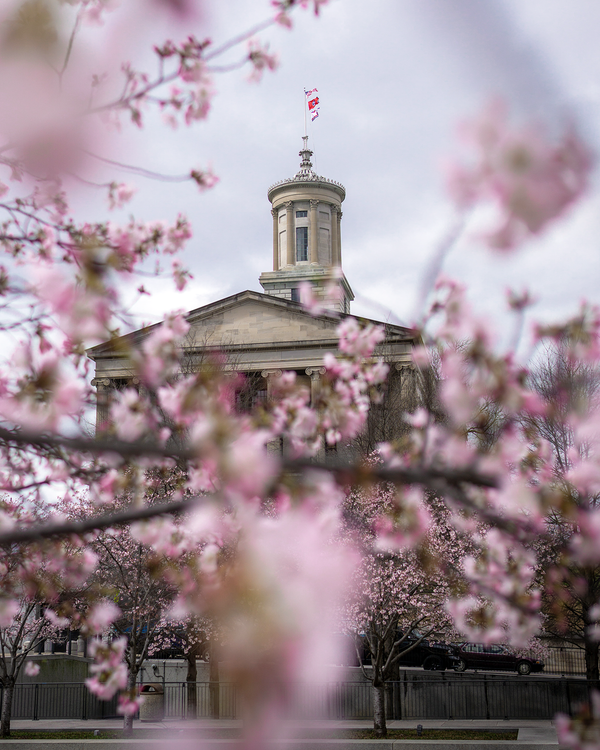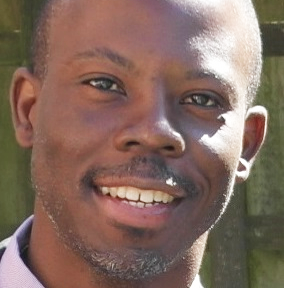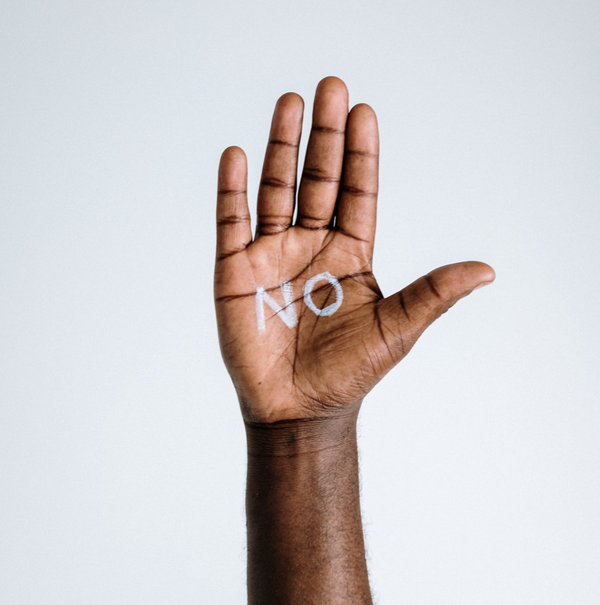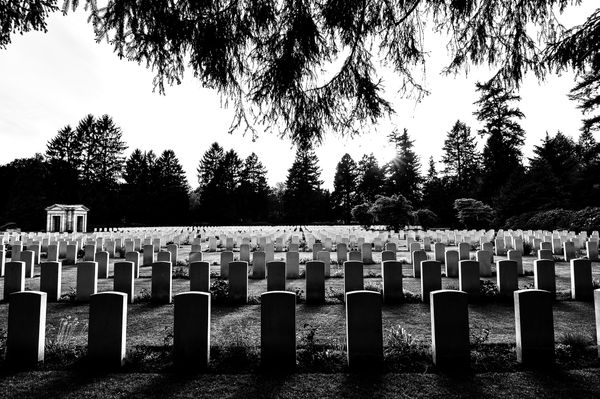The Twitterverse is abuzz. The judge in the Kyle Rittenhouse murder trial is allowing defense attorneys to call the victims of Rittenhouse’s murderous rampage “rioters” and “looters” even though there is no evidence that they were engaging in violence or property crimes. At the same time, the judge, a white man, is not allowing the prosecutors to call the victims . . . “victims.”
I join in the outrage. This judge is obviously biased. He is tampering with the jury, and his decision is sure to be reversed upon appeal.
For those who need a reminder, Rittenhouse is the Illinois teenager who showed up at the George Floyd Black Lives Matter protests in Kenosha, Wisconsin, carrying a military-style automatic weapon. After police allegedly praised his presence, according to prosecutors, he proceeded to stalk and kill a protester, then killing a second one who tried to take away his gun. Unbelievably, after killing two people, Rittenhouse walked to police with his hands held up, but rather than arresting him, they let him leave. Apparently, they were too busy arresting peaceful protesters to arrest a murderer.
As outrage grew over Rittenhouse’s behavior, he was charged with multiple counts of murder. In response, Rittenhouse claimed self-defense and even fought extradition from Illinois to be tried in Wisconsin. He has since been freed on a $2 million bond. How could a teenager afford such expensive bail and legal representation? He has become a cause célèbre among a certain segment of the population who, like childhood celebrity Ricky Schroder, have raised money for him from outraged white supremacists who support his efforts to keep Black people and their supporters in their place.

Now I’m an attorney who was in private practice for over a decade prior to becoming an academic. As such, I was curious to find out more about Judge Bruce Schroeder’s (no relation to Ricky) ruling. Interestingly, after reading more details, the focus of my outrage shifted. In addition to my outrage over the judge’s actions, I also came to believe that the judge’s rulings represent a much bigger problem than just a renegade jurist.
You see, from the perspective of a lawyer trained and experienced in our legal system, his ruling appears quite measured and nuanced and an example of a careful judge making rulings consistent with the law. He is trying to make sure that the defendant receives a fair trial, a priority that is supposedly central to our system, and so he wants to make sure the prosecution used no “loaded words” to describe Rittenhouse. Similarly, he did not grant the defense a blanket authorization to use similarly loaded words, but he said he would allow it if the defense provided evidence that they had in fact acted as “looters” or “rioters.” What’s more, he made it clear that Rittenhouse would be referred to as “Mr. Rittenhouse” by all involved, although his attorneys could refer to him by his first name.
This is not to say that I am not outraged over the judge’s ruling, however, I’m more outraged over a system that says such rulings are correct. The reality is that Rittenhouse is receiving special treatment because of the inherent racism in the legal system. And of course, Rittenhouse is white.
If I were a betting man, I would bet that Rittenhouse will be acquitted. After all, of twenty potential jurors selected, only one is Black. That means the odds are that the final jury of twelve will consist entirely of white people. And as we know, the judge is white.
How did this happen? Well, Kenosha, Wisconsin, the town where the murders occurred and the trial is proceeding, is overwhelmingly white. As a result, the jury pool will be overwhelmingly white, resulting unsurprisingly in an overwhelmingly white jury. So far, no surprise.
The racism I’m talking about is not people being mean to each other, or engaging in “microaggressions.” The racism I’m talking about is institutional.
It goes without saying, white people, even ones who view themselves as non-racist, have a different view of the world than Black people. While I consider myself to be virulently anti-racist, I still have blindspots that hinder my understanding of the financial, emotional, and judicial injustices Black people face. However, I can intellectually understand and empathize with the effects of racism, even though I do not know it personally. Choosing to be anti-racist in thought and action is not contingent upon total comprehension of the Black experience. As a result, it is incumbent upon me, and those of us who have been granted unwarranted privilege by virtue of the color of our skin, to acknowledge and work through these blind spots. Indeed, making such a conscious effort is central to us dismantling racism.
To help us manage an overabundance of information, we humans have developed certain intellectual shortcuts, what academics call “cognitive biases and heuristics.” These shortcuts help us make quick decisions based upon limited information, and they become the basis of our worldview. As hunter-gatherers, our ancestors likely survived as a result of this ability to make snap decisions. Even now, in the modern era, it allows us to make decisions without being paralyzed by information overload. But these same biases also form the basis of racism.
The racism I’m talking about is not people being mean to each other, or engaging in “microaggressions.” The racism I’m talking about is institutional. Institutions, after all, like practices we consider “common sense,” are cultural ideas that are generally accepted throughout society. Up until recently, one of our institutions was that the loser in an election gracefully accepted defeat and supported the winner. Similarly, the idea of property is an institution. Don’t believe me? Just ask the people in Venezuela whose property was simply seized by the government without redress. Property is just an idea that we generally accept.
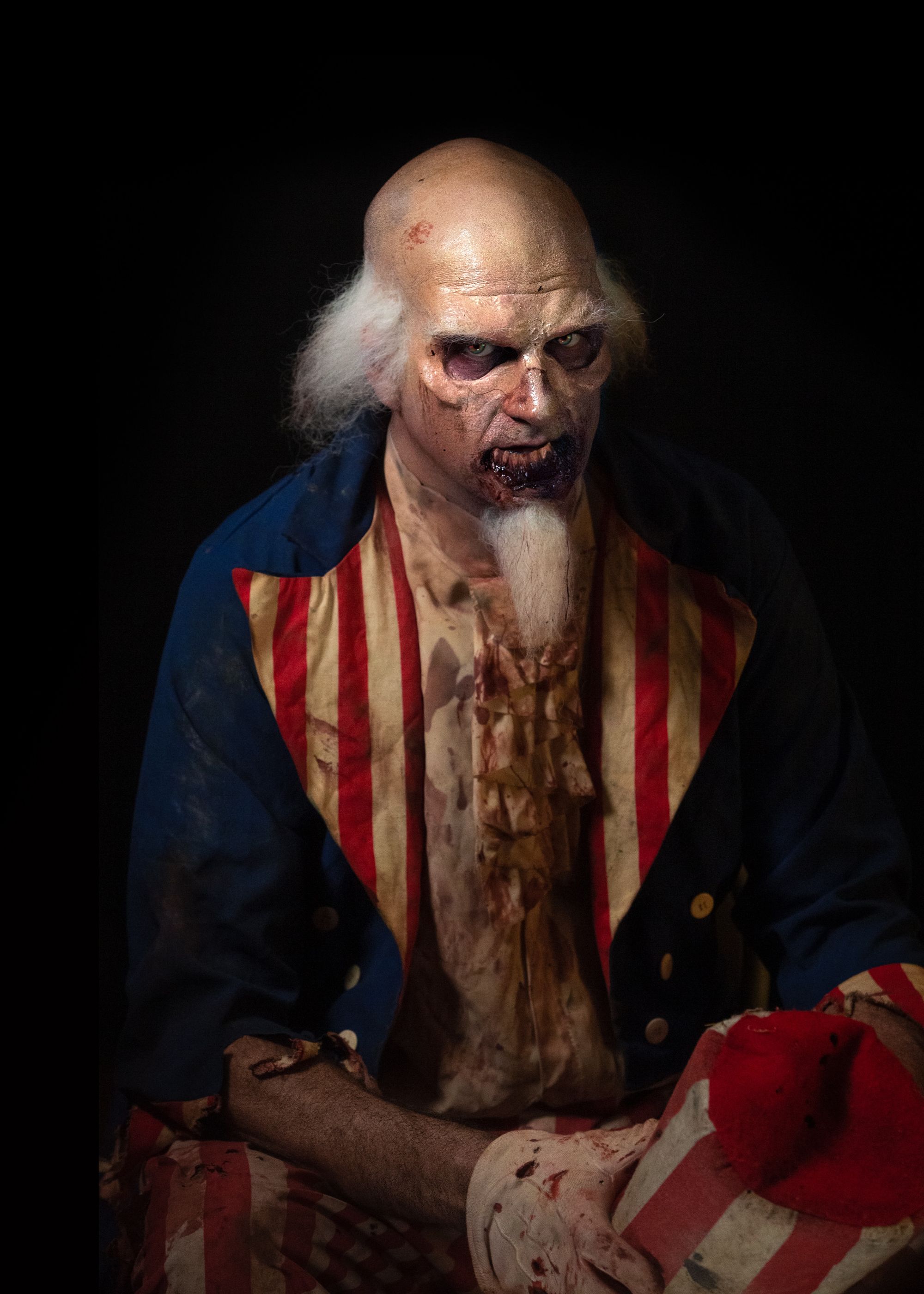
Similarly, what passes for acceptable behavior is influenced by our biases. Since I, as a white man, have never experienced unchecked police bullying, I cannot imagine what it really feels like. I may intellectually understand the fear a Black man feels being pulled over by a police cruiser, but I don’t have that experience myself. On the other hand, when I hear that a person who looks like me felt threatened by a mob, as Kyle Rittenhouse is claiming, that is something I can relate to. As a result, the argument that Rittenhouse acted in self-defense is an argument someone like me might accept.
This all sounds perfectly rational, at least to white people, but that’s the problem. We accept a system in which white people, especially those with access to resources, receive different justice from Black people. We accept a system in which a “jury of your peers” includes no people with a different worldview from our own. We accept a system in which a “fair trial” allows a white defendant to make arguments that would be laughed out of the courtroom if made by a Black defendant. And this is the heart of the matter: It’s not one judge who behaves in a racist manner. It’s an entire system that is set up to produce racist results.
America condones a system in which white people, especially those with access to resources, receive different justice than Black people. The majority of white people condone a system in which a “jury of your peers” includes no people with a different worldview from their own. Society condones a system in which a “fair trial” allows a white defendant to make arguments that would be laughed out of the courtroom if made by a Black defendant. Each step along the way makes logical sense to those at the top of the American caste system and leads to the same race-based ending because society has established it as the norm. Unfortunately, the results point to the fact that the norms society has condoned exist within a racist framework. This is the insanity of white supremacy.
We live within a system that normalizes racism. As such, being “color-blind” is not enough to be anti-racist. To be anti-racist, we must demand fundamental change that finally wrings the racist assumptions out of our society’s generally accepted common sense.
Top photo by Saeeed Karimi from Pexels





